If you have combination skin, you know caring for it is often a balancing act between oiliness and dryness. “Combination skin is dry in some areas and oily in others,” explains board-certified dermatologist and founder of Maei MD Rebecca Marcus, MD. “Combination skin is often acne prone, but also dry, so it is essential to choose appropriate skincare products that are hydrating but also noncomedogenic.”
You’ll want to prioritize hydrating and moisturizing ingredients for combination skin. “Hyaluronic acid is an excellent humectant—a hydrator that pulls water into the skin,” Marcus says. “It’s non-greasy and noncomedogenic. Niacinamide is an anti-inflammatory ingredient that can be soothing to dry skin and can also help to regulate sebaceous glands and normalize oil production. Glycerin is another excellent hydrating ingredient that is helps to relieve dryness and is not too heavy for oily skin. Using an exfoliating AHA and/or BHA product a few times a week can be helpful to keep dead skin cells from accumulating on the skin’s surface. This can help with oil production and also with hydration.”
Tammy Fender, holistic wellness practitioner and creator of Tammy Fender Holistic Skin Care, also likes to use vitamin-rich rose-hip seed oil (to prevent dry skin) and jojoba oil (which helps balance sebum production).
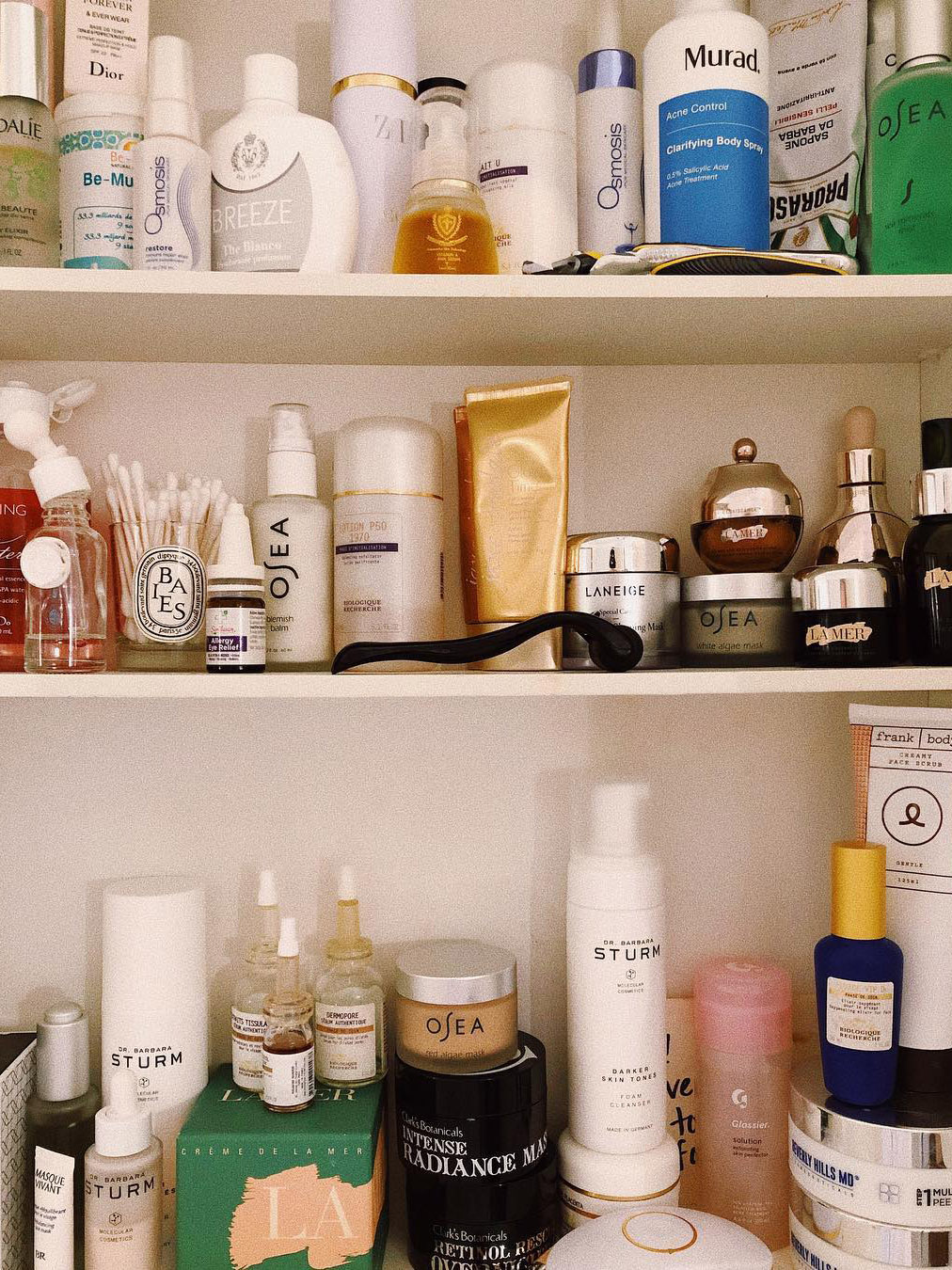
As for daily skincare, Joie Tavernise, medical aesthetician and founder of Manhattan clinic JTAV Clinical Skincare, recommends exfoliating your entire face with a product that contains glycolic acid. She even recommends looking for a cleanser that contains glycolic acid, which can make your daily routine even easier. After cleansing and exfoliating, she suggests treating your entire face with a hydrating product (like some toners and serums). Look for hydrating ingredients like hyaluronic acid (which we went over above), panthenol, willow bark, ceramides, and fatty acids. “For oily areas, products that will reduce oil and diminish the appearance of large pores are retinol, AHA and BHA, and salicylic acid,” Tavernise says. “Be sure to only use these products on the oily areas of your face, and avoid the dry areas. As a treatment, clay-based masks can also be used weekly to help absorb excess oil and impurities. Lastly, you should finish your routine with a lightweight, oil-free moisturizer to hydrate and nourish the skin without clogging pores.”

Cleansing is the most important step in your skincare routine, Tavernise says, because it sets your skin up to properly receive the rest of the products in you routine. She says that the best cleanser should reduce oil in the T-zone and leave your skin feeling fresh and hydrated.
“A gentle face wash is best. It should effectively remove makeup, sunscreen, and dirt, while not over-drying the skin,” Marcus says. “I recommend choosing a fragrance-free formula. I like enzyme cleansers, as they are a gentle and effective means to thoroughly cleanse the skin. Cleansers containing salicylic acid are helpful because salicylic acid effectively breaks up sebum in pores but is not harsh or drying.”
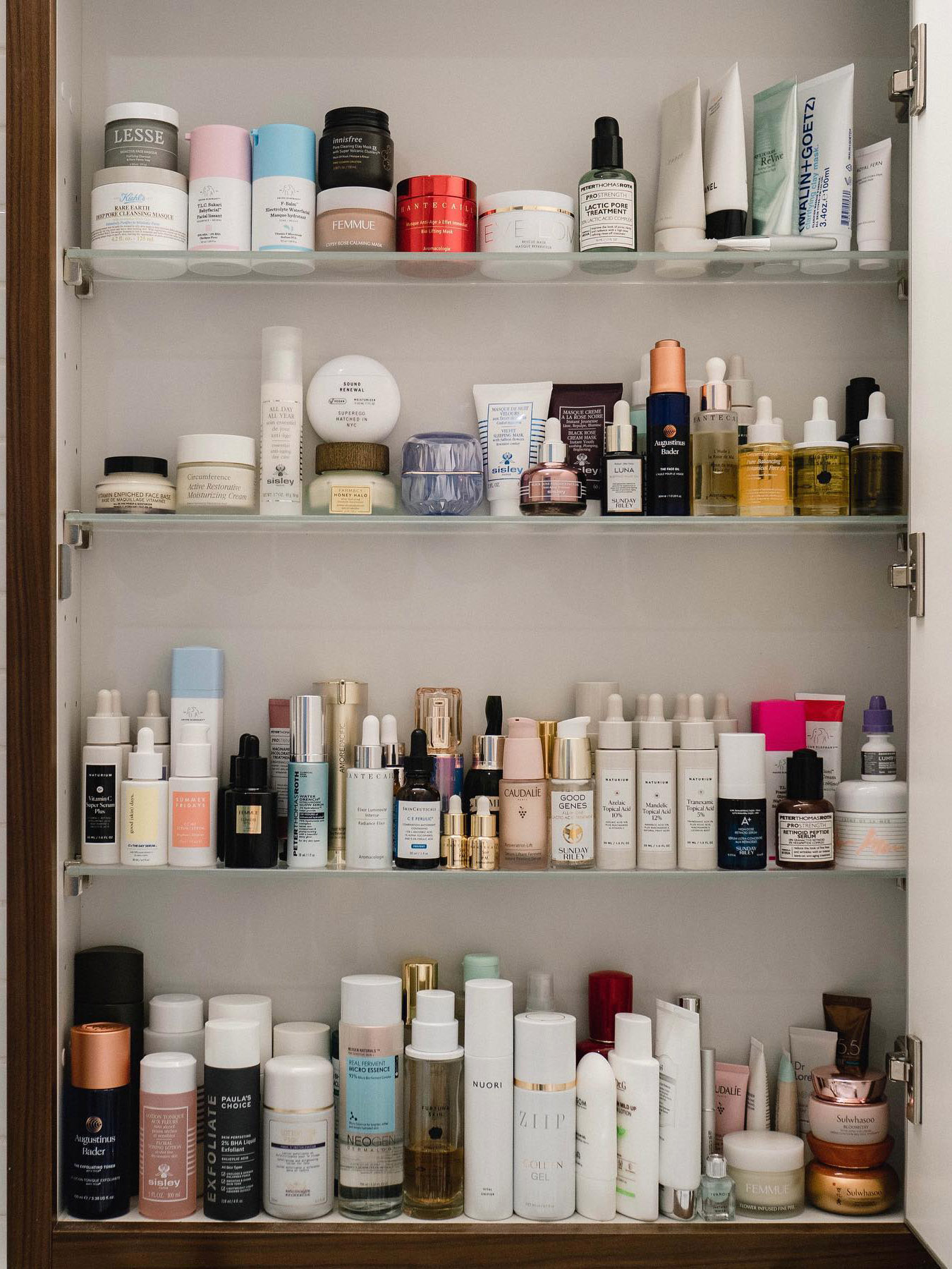
As for the types of face washes and cleansers you should avoid if you have combination skin, you’ll want to stay away from anything super harsh. “A natural response to seeing excess oil and large pores is to think that using a harsh product to cleanse the skin will magically rid it of these concerns,” Tavernise says. “The truth is those with combination skin have to be very selective when it comes to the cleanser that they use. Again, treating combination skin is all about bringing balance. Cleansers with strong and harsh ingredients can strip the skin of its natural oils, which in turn prompts the skin to produce even more oil. When these cleansers are used on the dry areas of the face, it can further exacerbate tightness and flaking.”
When trying out a new cleanser or face wash, Tavernise recommends waiting 10 minutes after washing your face before applying the rest of your routine. If you skin feels too tight, then you’re probably using a product that’s too strong.
And in general (for both face washes and other products), you’ll want to stay away from anything fragranced. “I would avoid using most oils on oily skin, especially those that are known to be comedogenic,” Marcus says. “Specific commonly used ingredients to avoid include coconut oil, cocoa butter, palm oil, and vitamin E oil. Although, this list is certainly not exhaustive. I would also avoid products with alcohol that may exacerbate dry skin.”
To find out what face washes and cleansers are best for combination skin, check out our list below.

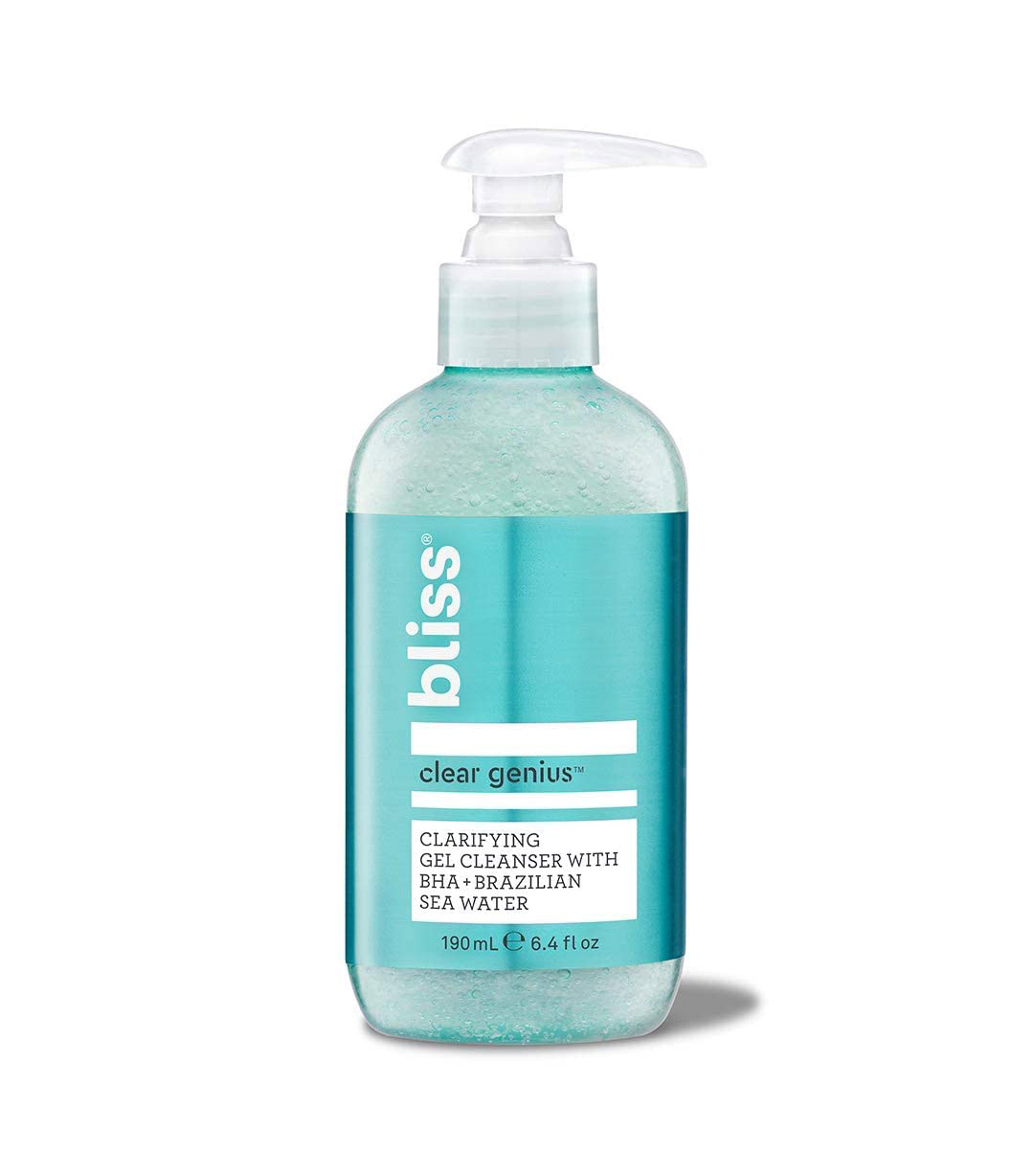
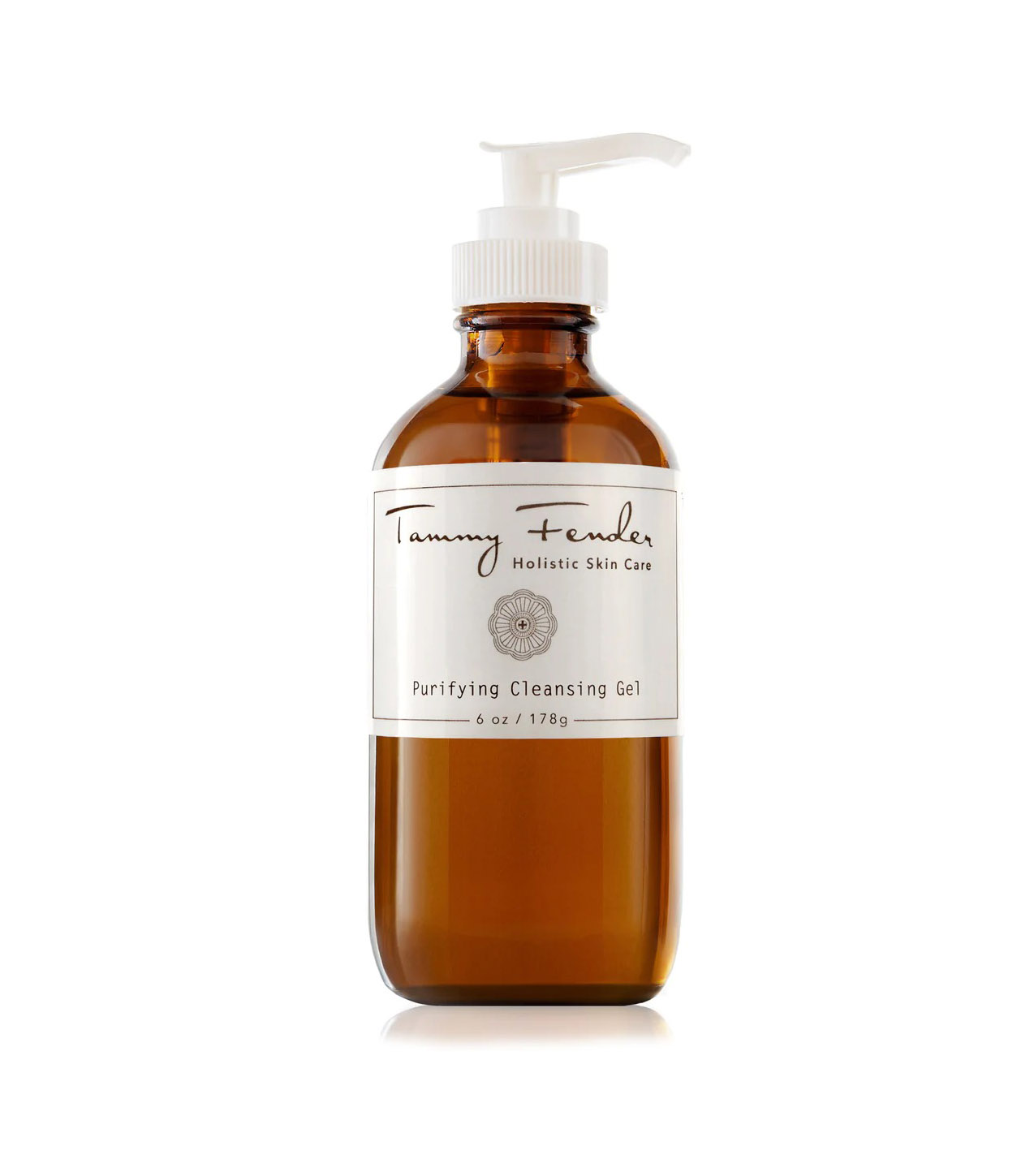
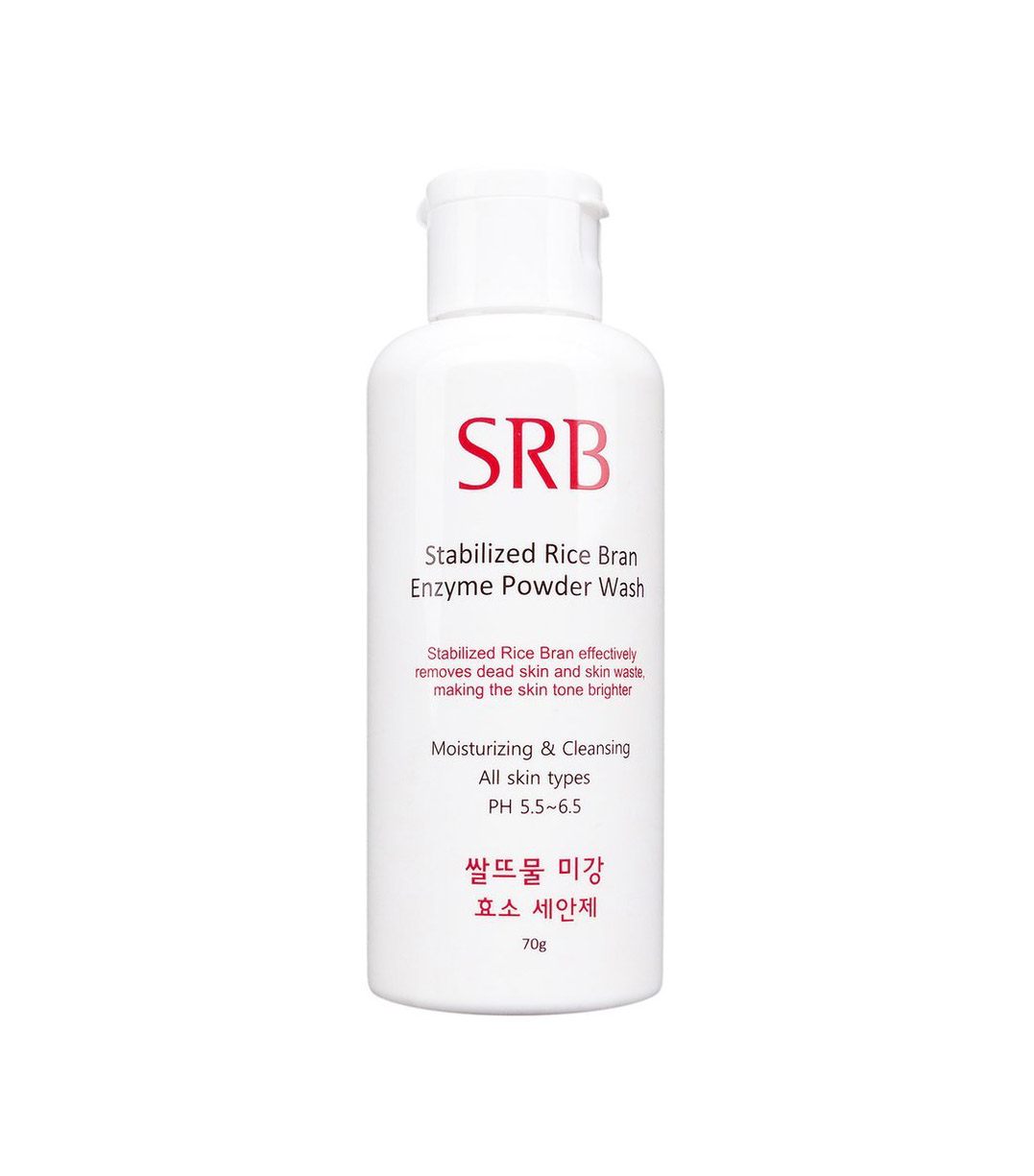
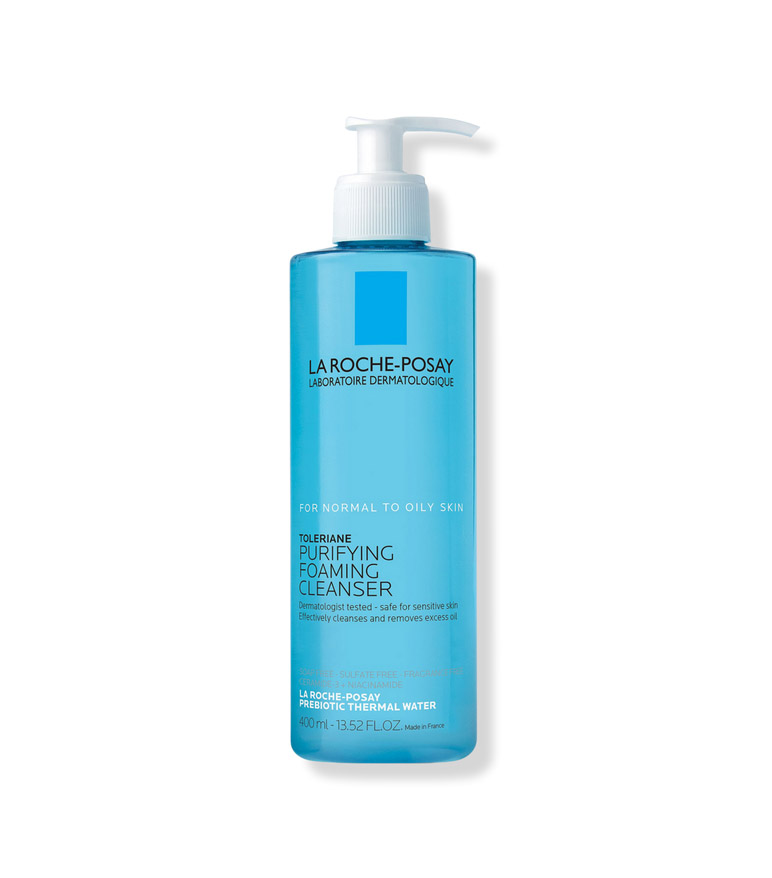
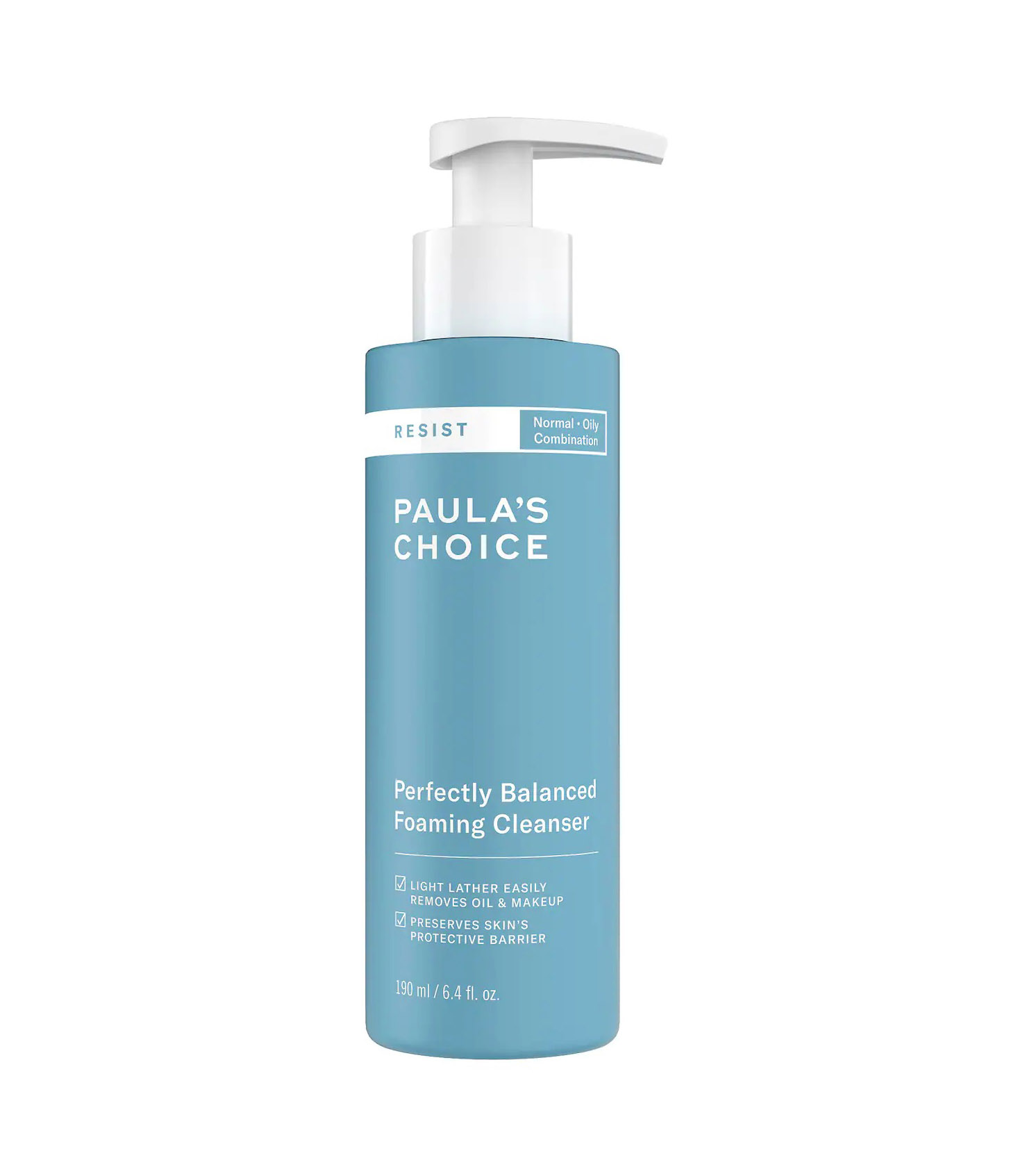

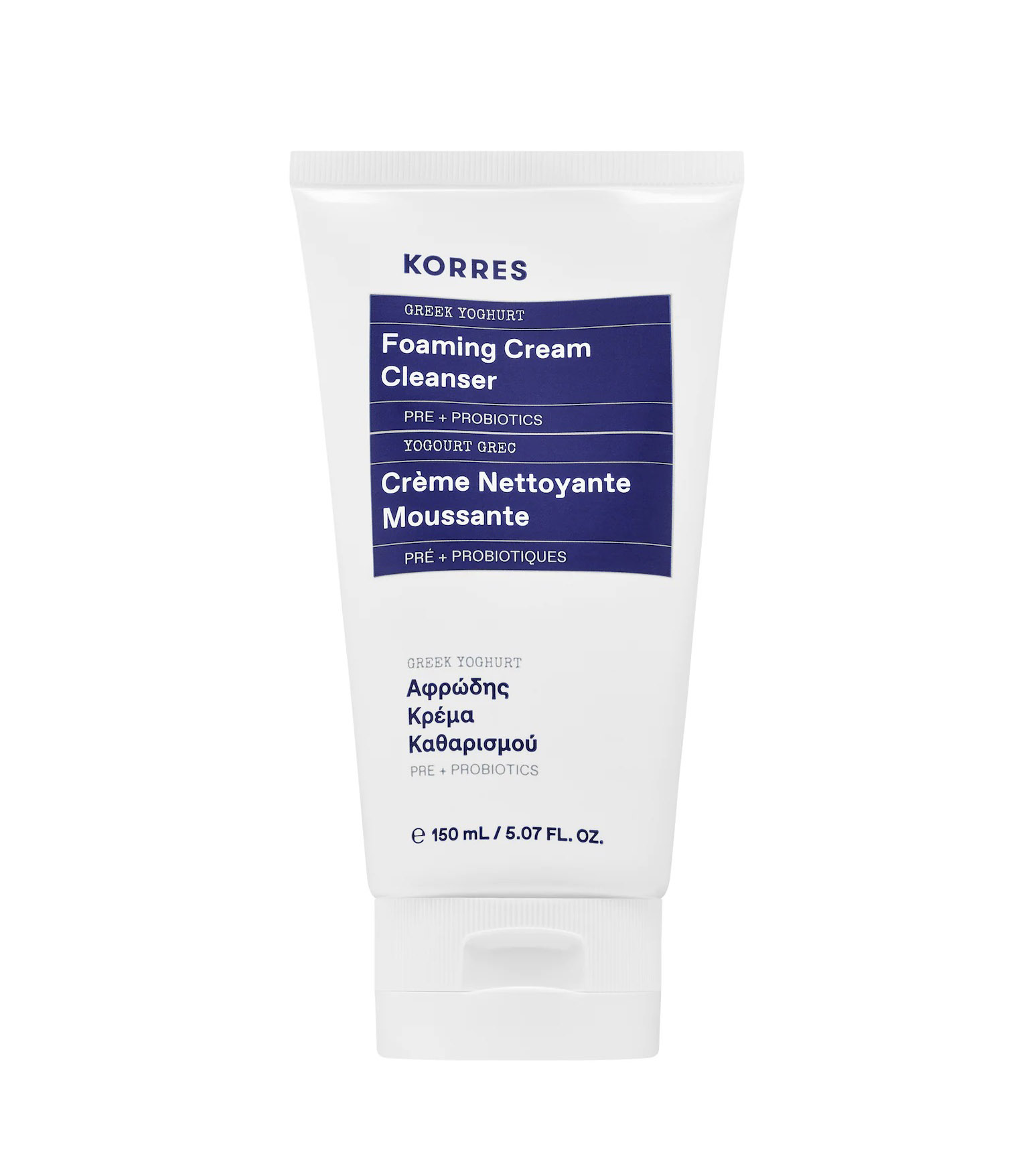
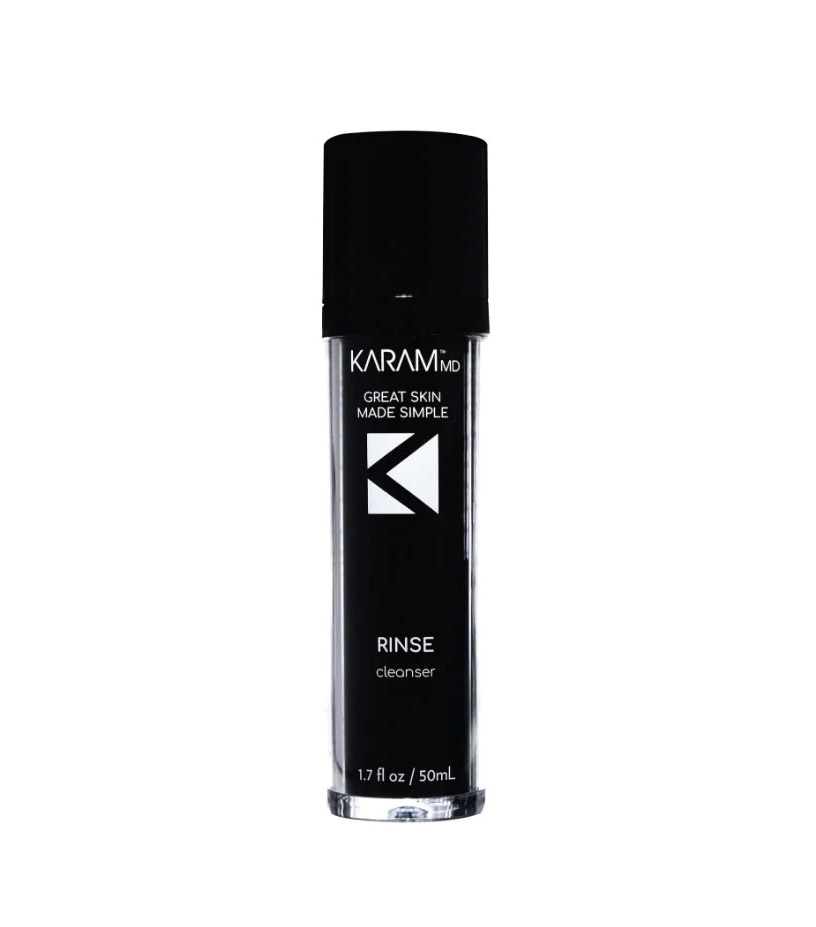
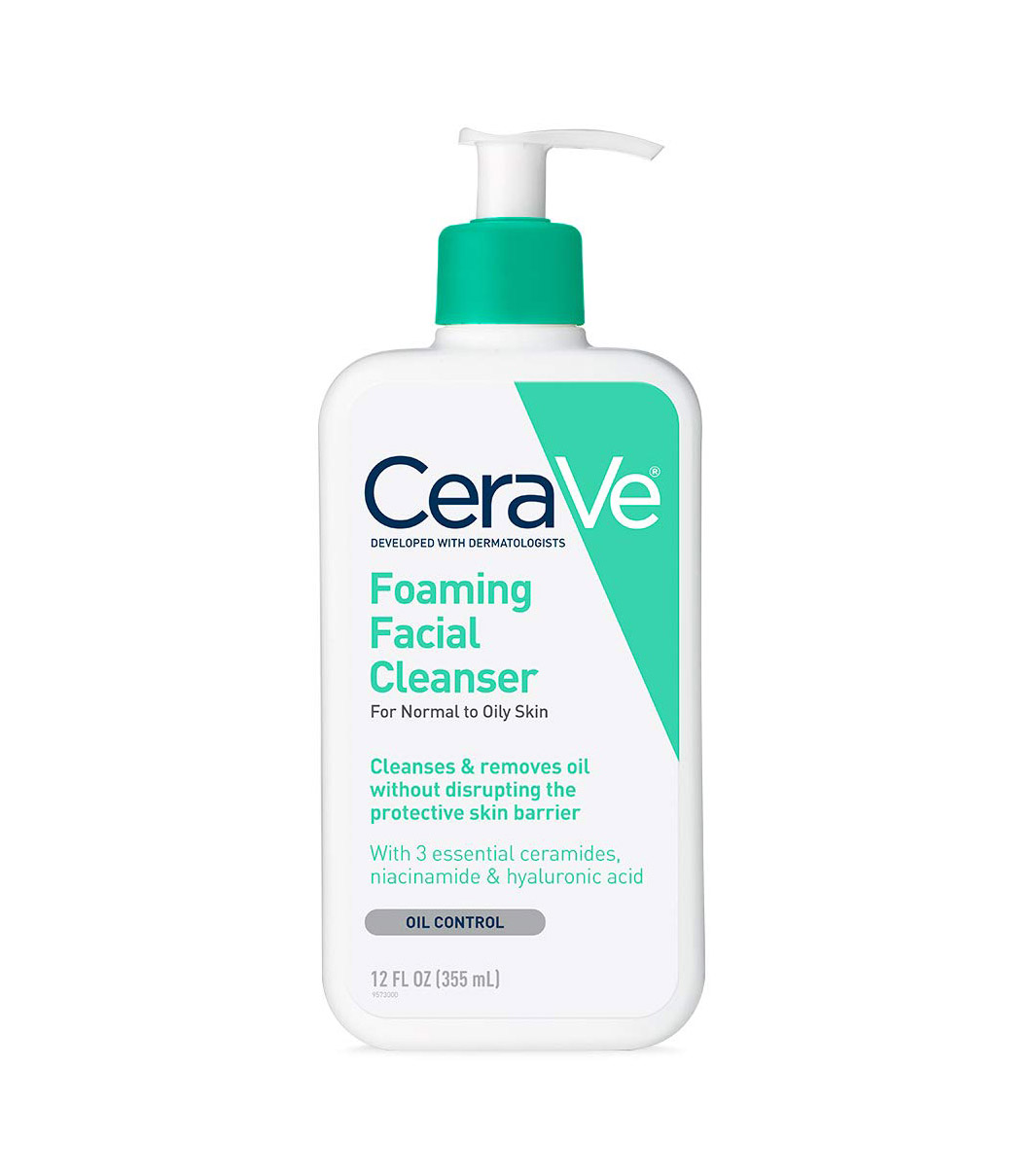
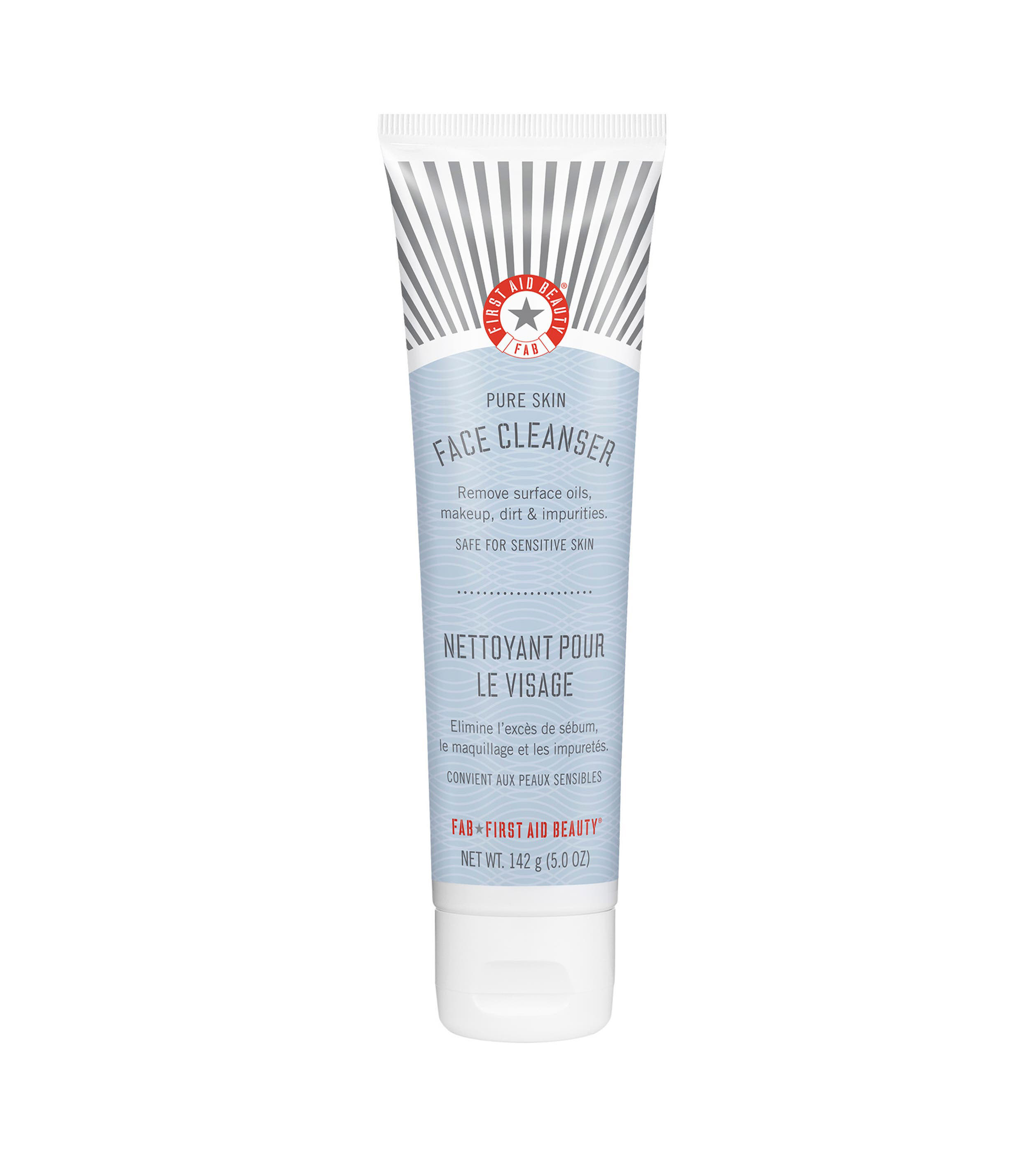
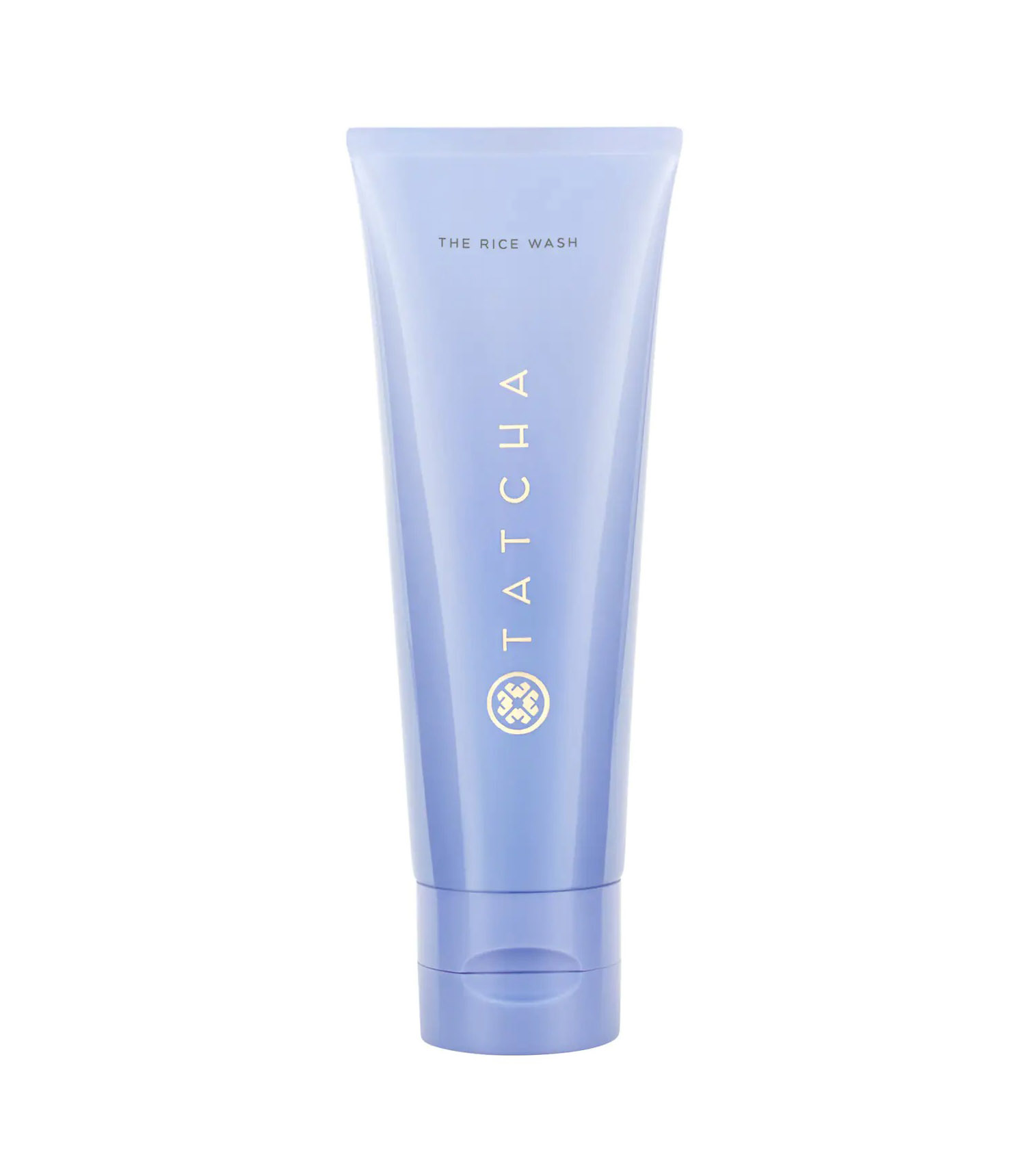
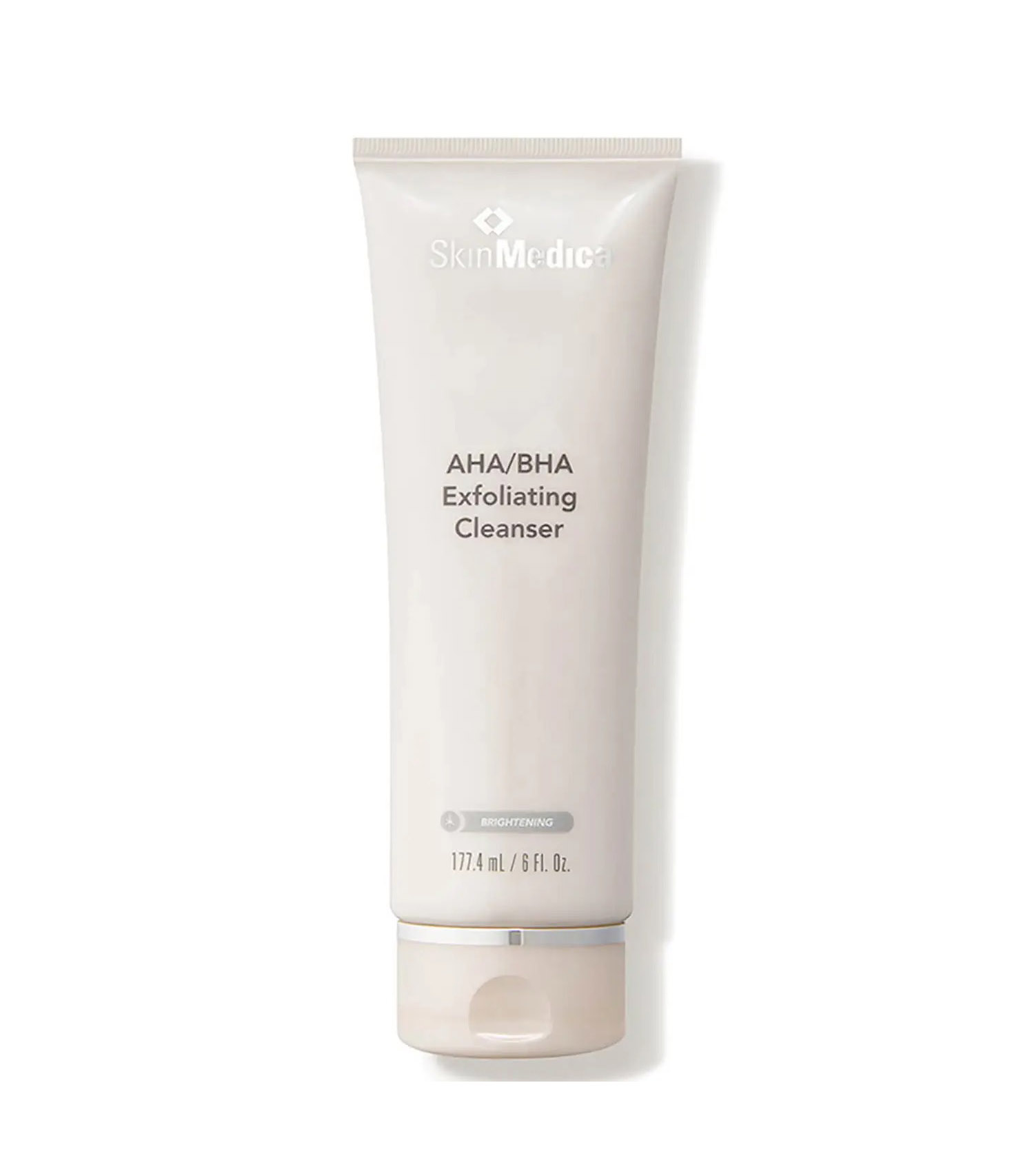
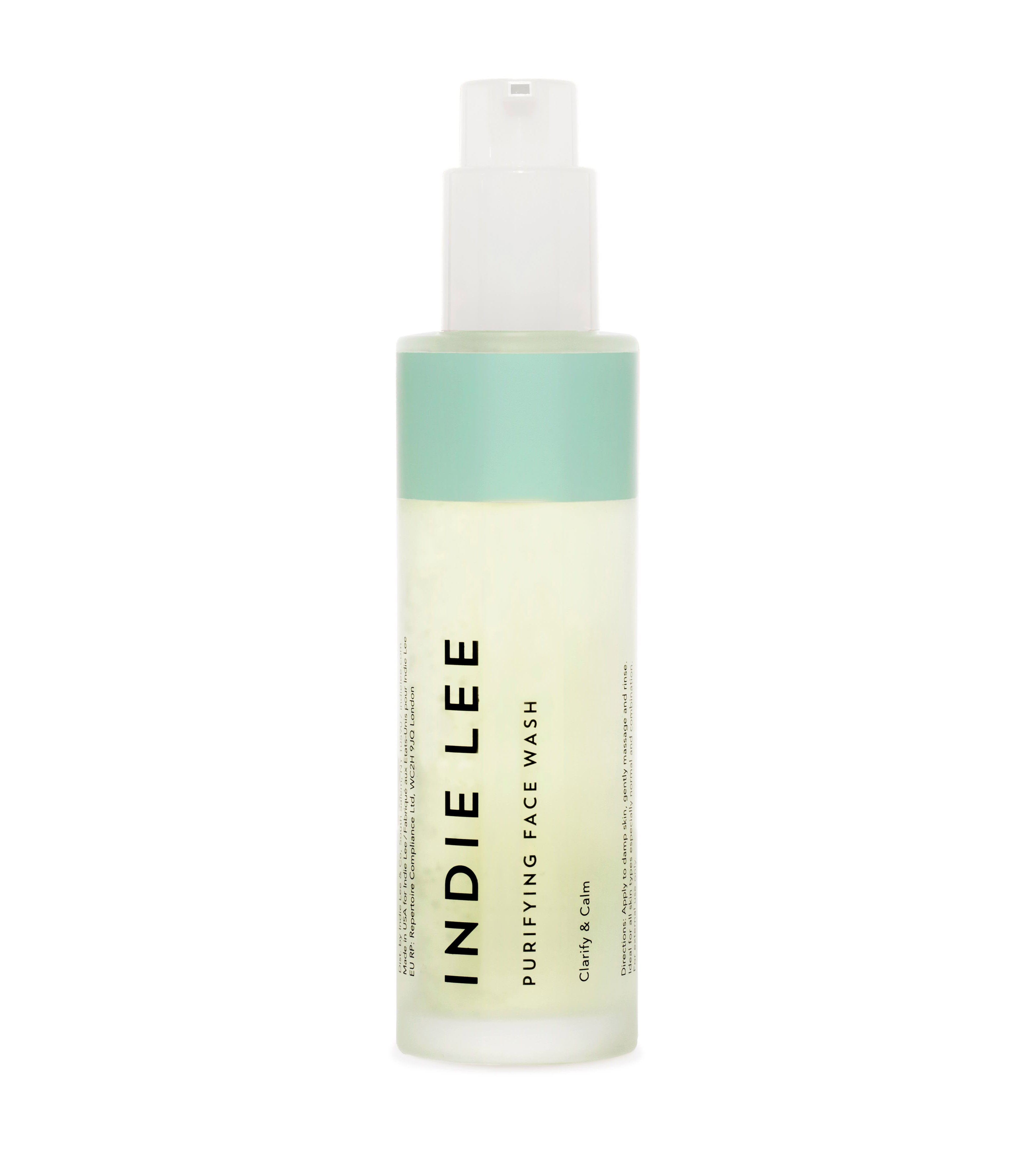
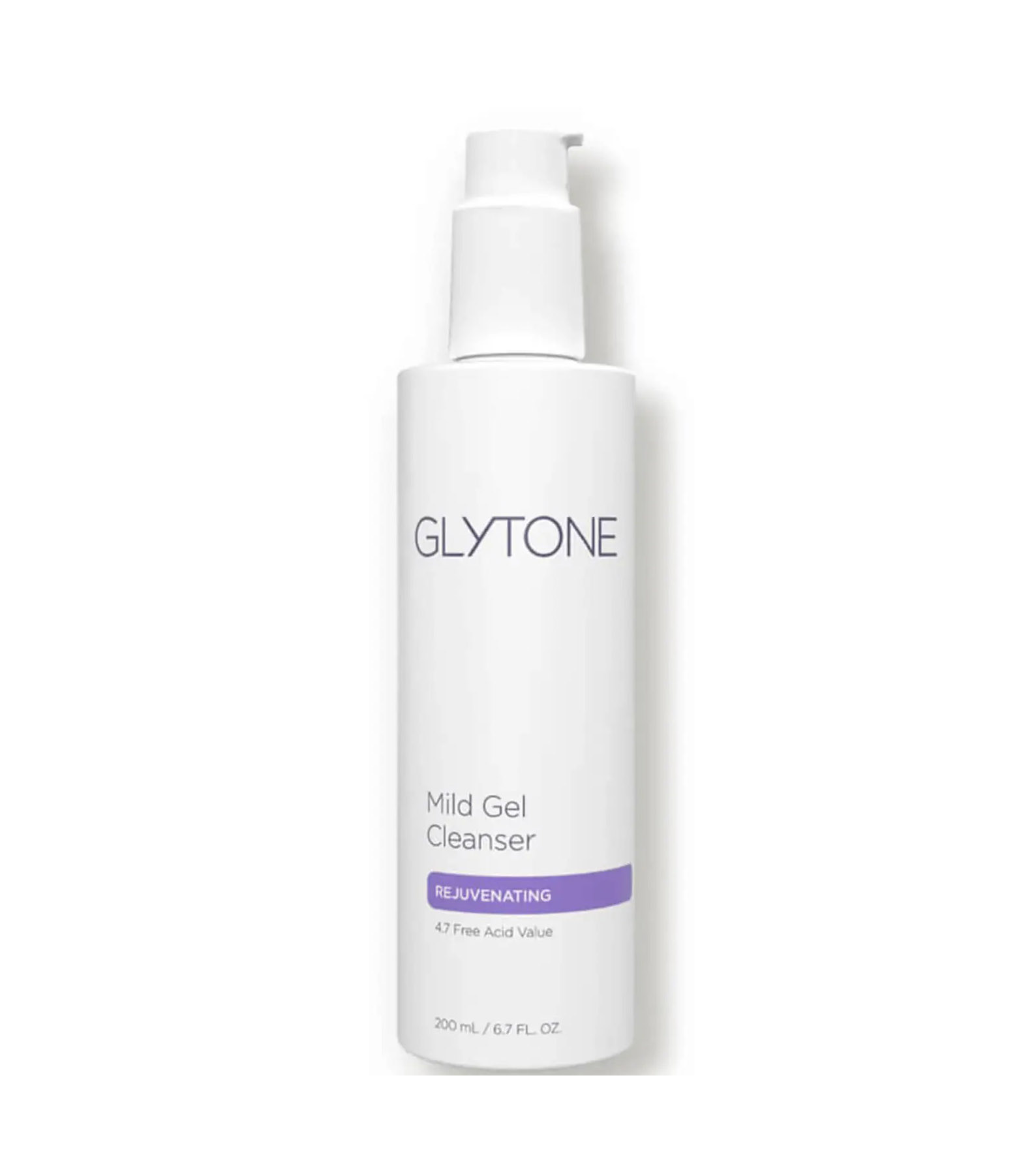
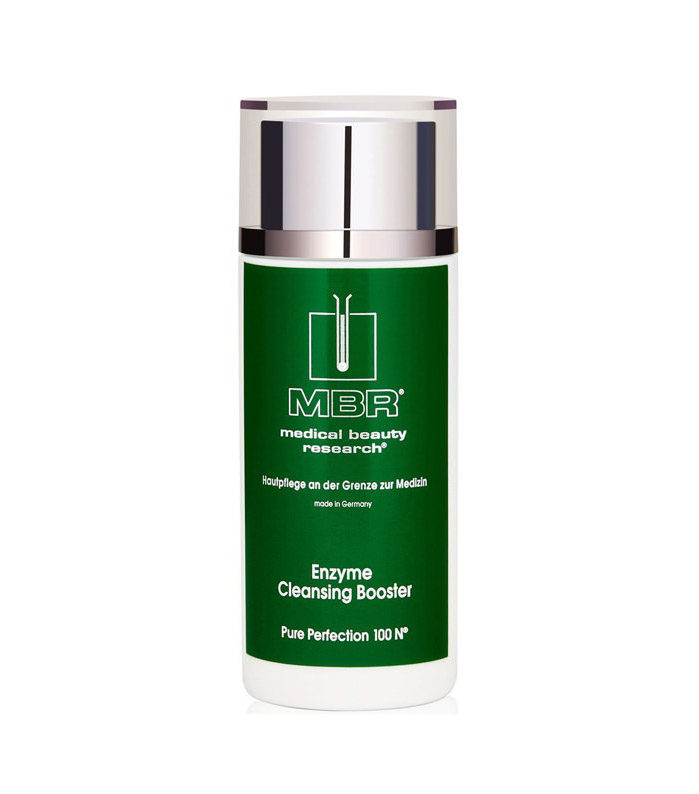
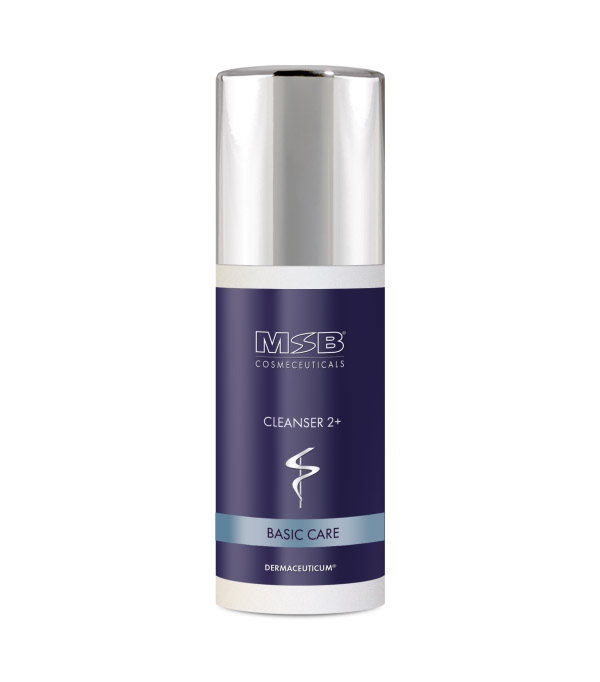
Powered by WPeMatico




